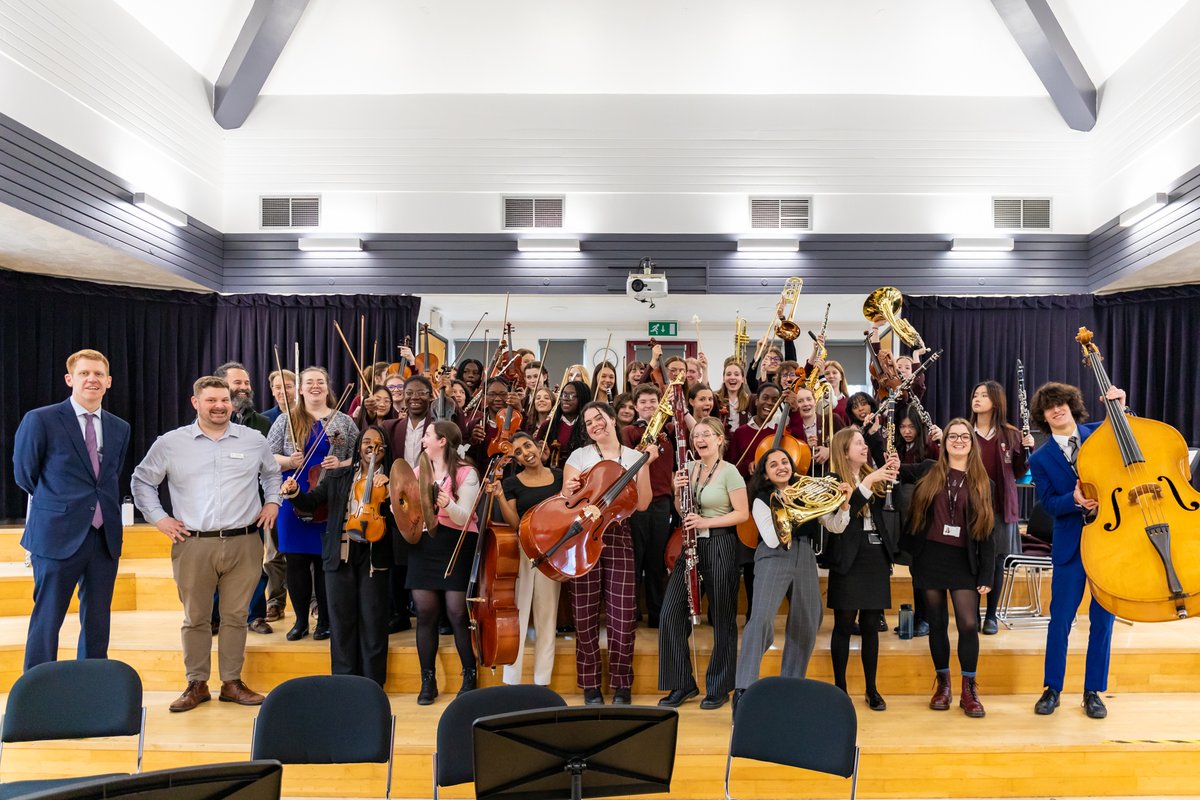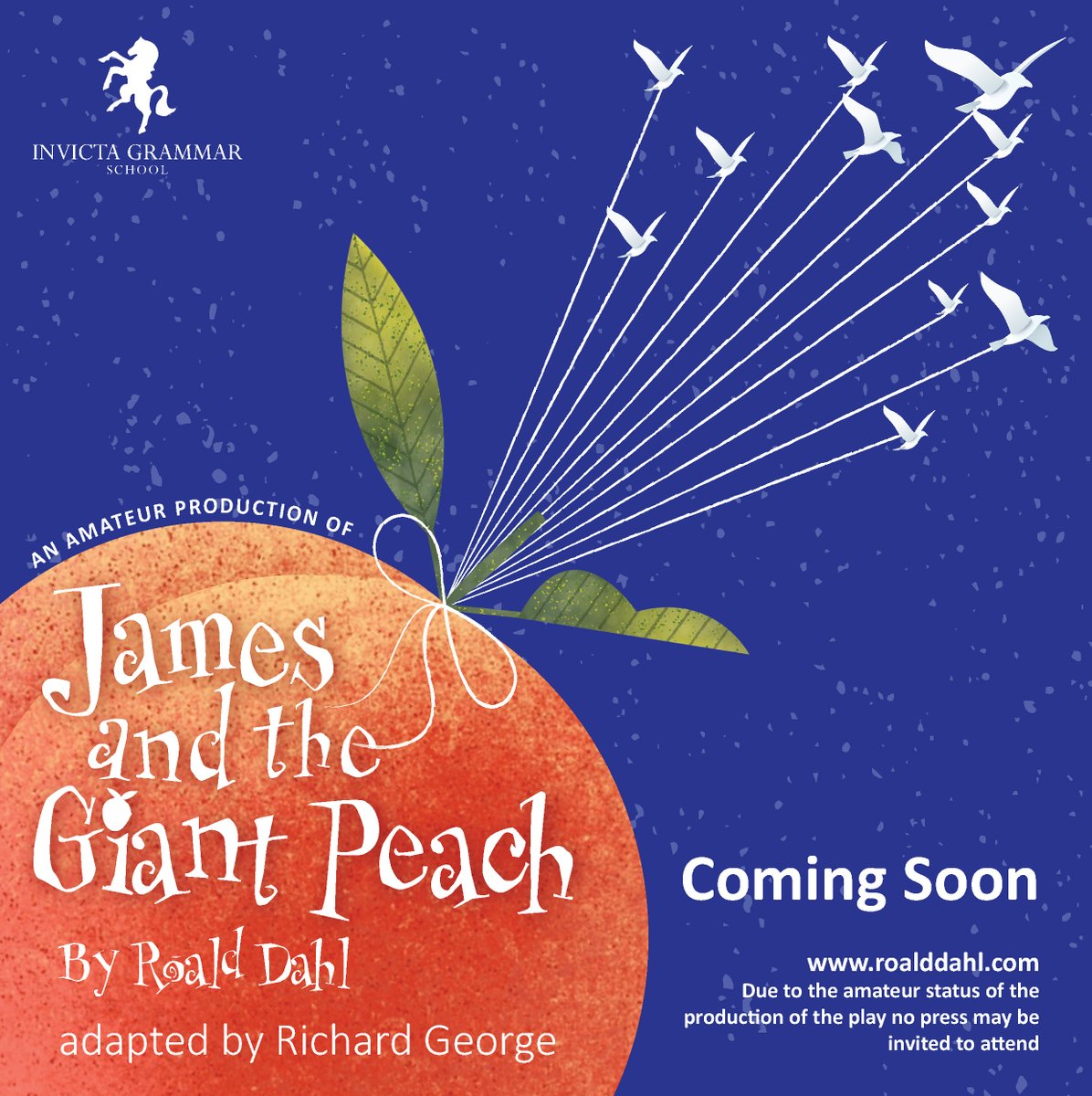Invicta Vlogs
Creativity is good for your mental health
For many years I have promoted Creativity as being as important as literacy and numeracy in education. As well as being one of our core values, we are well aware that it is highly prized within industry. The IBM study of global CEOs suggested that creativity was one of the most important traits for navigating the complexity of the changing business world. The study concluded that industry leaders with a high level of creativity
- are courageous in making decisions that alter the status quo
- adapt their business model more frequently to realise their goals
- welcome ‘disruptive’ innovation
- consider unconventional methods to drastically change the enterprise
There is no doubt that Creativity is a useful personal attribute, however, there is an increasing body of research which suggests that creativity is also beneficial for robust mental health and well-being. Engaging in creative tasks have been found to increase positive emotions, reduces stress, anxiety and symptoms of depression, as well as boosting the immune system.
A recent study presented in The Journal of Positive Psychology, concluded that spending time on creative goals, is closely linked with a person’s experience of positivity and feelings of optimism. The stress busting effect of creativity, enables people to notice opportunities within their lives and to be able to take advantage of them. Creativity may enable people to dwell less frequently on the negative, and instead, focus on the wild possibilities of opportunity.

But why does this occur? Among many things, a creative activity requires huge focus and concentration, and people can often lose all sense of time, as they are completely absorbed within the task. Psychologists refer to this as a state of ‘flow’, and this changes the brain function. Brainwaves are reported to slow down, enabling better clarity of thought, which in turn encourages original ideas to surface. The Flow Genome Project, defines “those moments of rapt attention and total absorption when you get so focused on the task at hand that everything else disappears and all aspects of performance, both mental and physical, go through the roof.”
Neuroscience has shown that during periods of flow, the prefrontal cortex becomes temporarily inactive, making a person less critical of their own ideas, and therefore, more adventurous in their thinking. Flow, floods the brain with the pleasure and satisfaction chemicals: endorphins, dopamine and serotonin; it is this that not only enables creativity, but also provides a natural ‘high’.

Many people believe that creativity is based firmly within the Arts, however, this is a relatively limited definition. Creativity is actually any work that creates a ‘product’ that previously did not exist, in that exact form. It could be painting or drawing, but equally it could be in developing a new system of analysis, or applying a method or technique to a brand new context.
Whatever you are interested in, use Creativity to help improve your mental well-being.
Mrs Hambley
Assistant Headteacher


























